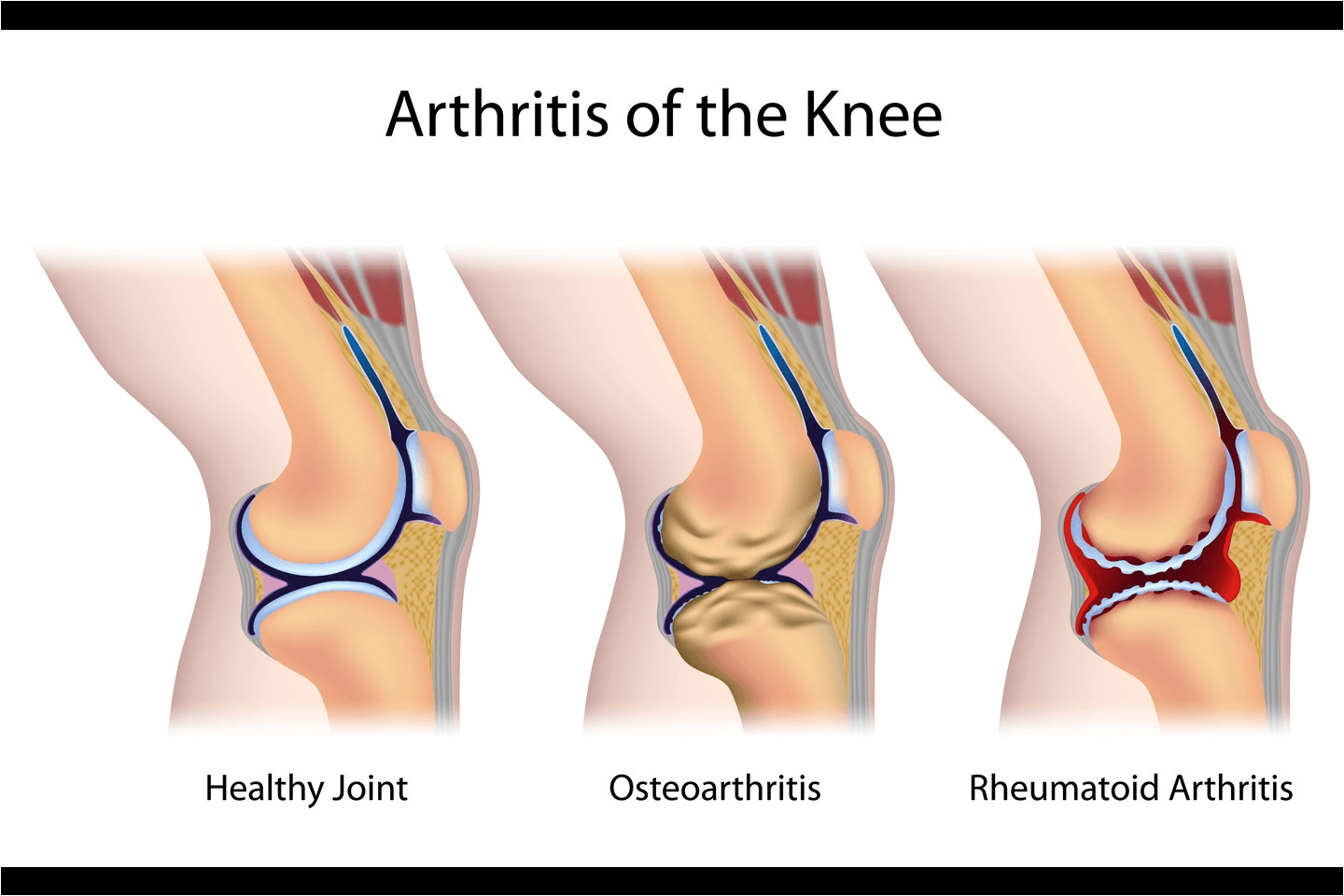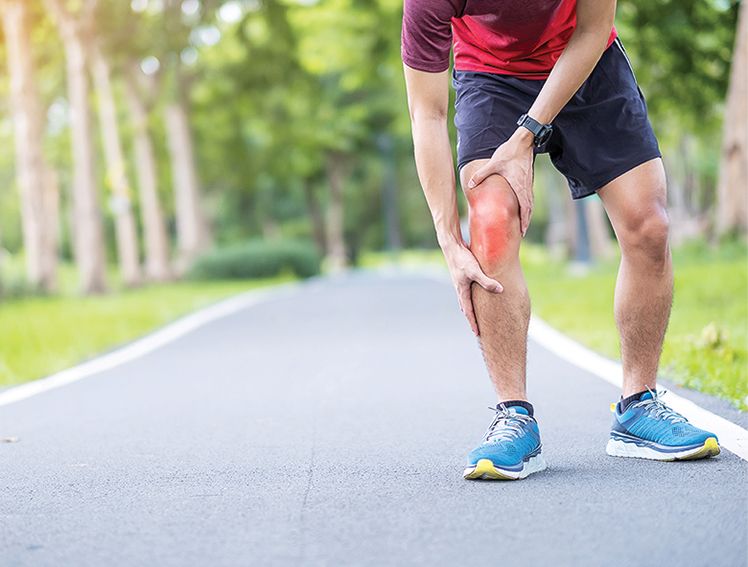
World Arthritis Day: Symptoms, Risks, and Treatment
Introduction
Ever felt stiff or achy after a long day or seen someone close to you dealing with joint pain? These might be early signs of arthritis, a condition that affects millions every day. Whether you already know about arthritis, or you are just starting to learn about it, understanding its symptoms, risks, and treatment options can make managing it easier for you or your loved ones.
Arthritis and Its Impact
Arthritis includes over 100 different conditions that lead to joint swelling, inflammation, pain, and stiffness.
The most common forms of arthritis are:
- Osteoarthritis is caused by wear and tear on the joints.
- Rheumatoid arthritis is an autoimmune disorder that affects the lining of the joints.
- Psoriatic arthritis, which occurs in some people with psoriasis, is a skin condition.
While each type impacts the body in different ways, they all share the same main issue: joint pain and inflammation.
Living with arthritis can make daily activities much harder. Simple things like walking, climbing stairs, or even opening a jar may become difficult because of the pain and stiffness in the joints. However, with proper care and treatment, people with arthritis can still lead active and fulfilling lives.
What Is the Most Common Form of Arthritis?
Osteoarthritis is the most common form of arthritis and typically affects the elderly. It happens when the cartilage that cushions the bones wears down, causing pain and stiffness. Osteoarthritis most commonly affects joints in the hands, knees, hips, and spine.
Recognising the Early Signs of Arthritis
How Can One Recognize the Early Signs of Arthritis?
It is important to recognize the early symptoms of arthritis to seek timely treatment and avoid any further complications. The symptoms can change depending on the type of arthritis, although certain warning signs are common in most cases.
Description of Arthritis Symptoms
The most common signs of arthritis include:
- Joint Pain: This is often the first and most obvious symptom. The pain can affect one or more joints and may come and go or stay constant.
- Stiffness: Many people with arthritis feel stiff, especially in the morning or after sitting for a long time.
- Swelling: Joints that are inflamed may become swollen, sore to touch, and sometimes feel warm.
- Reduced Movement: As arthritis worsens, moving the affected joints becomes harder. Things that used to be easy might now take more effort.
- Fatigue: Some types of arthritis, like rheumatoid arthritis, can make you feel very tired and low on energy.
Importance of Early Diagnosis of Arthritis
Noticing these symptoms early can help you get a quicker diagnosis and stop further joint damage. Starting treatment early can slow down arthritis, lessen pain, and help improve movement. That’s why it is important that you notice any ongoing joint discomfort. And see a healthcare provider to get the right diagnosis.
What Are the Risks Associated with Prolonged Untreated Arthritis?
If arthritis is left untreated, the condition can worsen over time. Prolonged inflammation in the joints can cause permanent damage to the cartilage, bones, and surrounding tissues. This can lead to:
- Severe Joint Damage: Untreated arthritis can cause significant damage to the joints, making it difficult or impossible to move them.
- Chronic Pain: As the condition progresses, the pain may become more intense and constant, affecting your ability to perform everyday tasks.
- Deformity: In severe cases, untreated arthritis can lead to joint deformities, where the shape of the joint changes due to continuous inflammation.
- Loss of Mobility: The joints may become stiff and immobile, severely impacting your range of motion and overall mobility.
What Treatment Options Are Available for Arthritis?
While arthritis is a long-term condition, there are several ways to manage it effectively. The correct treatment approach can relieve pain, enhance joint function, and decrease disease progression.
Lifestyle Changes and Management
By staying active, maintaining a healthy weight, and eating a balanced diet, you can manage the arthritis symptoms. Gentle activities like swimming, walking, or yoga can strengthen the muscles around your joints and improve flexibility. Keeping a healthy weight also reduces the strain on your joints, especially in places like your knees and hips, which helps prevent further damage.
Medications
There are different medications available to help manage arthritis symptoms. These include pain relievers, anti-inflammatory drugs, and medicines that address the root causes of inflammation. It is important to talk to a healthcare provider to find the right treatment plan for your needs.
Assistive Devices
For those with more severe arthritis, assistive devices like braces, canes, and shoe inserts can provide support and reduce strain on the joints. These devices can make everyday tasks more manageable and prevent further joint damage.
Alternative Therapies
Some individuals find relief through alternative therapies such as acupuncture, massage, and herbal remedies. While these treatments may not cure arthritis, they can complement conventional treatments and help alleviate symptoms.
How Much Would Joint Replacement Surgeries Help in the Treatment of Arthritis?
When Is Joint Replacement Recommended?
Joint replacement surgery is typically suggested when the joint is badly damaged, and other treatments like medications and physical therapy haven't worked to relieve pain or improve how the joint functions.
Benefits of Joint Replacement Surgery
Joint replacement surgery, especially for the knee or hip, can significantly improve a person's quality of life. It can reduce pain, restore mobility, and help individuals return to their normal activities.
Limitations of Joint Replacement Surgery
However, joint replacement surgery is not without its limitations. Recovery can take several weeks or months, and there is always a risk of complications, such as infections or the need for future revisions.
Is Surgery Always Necessary?
Surgery isn’t always needed to manage arthritis. A lot of people are able to control their symptoms by making lifestyle changes, taking medications, and doing physical therapy. But if arthritis is making it hard for you to move around or it is causing constant pain, surgery might be the best choice. Always consult your doctor to figure out what’s best for your situation.
Knee Replacement Implants by Meril
Meril Life offers three knee replacement solutions designed to help people with severe knee issues lead more comfortable lives. The Destiknee implant provides high flexibility and helps restore movement and ease pain for those with severe joint damage. Freedom® Total Knee System is focused on alignment and flexibility, helping people move comfortably even after arthritis-related damage. The Opulent™ System uses durable materials to replace worn knee parts, giving support and relief to patients needing improved mobility. These solutions aim to enhance knee stability and overall quality of life.
Conclusion
Arthritis may be a common condition, but it doesn't have to control your life. Let this year's Arthritis Day be a reminder to stay informed, seek early diagnosis, and share what you've learned to help others take charge of their health, too.
Disclaimer
Freedom Knee and Libertas are manufactured by Maxx Orthopedics Inc. Freedom Knee and Libertas are registered trademarks of Maxx Orthopedics Inc.
References
https://www.hopkinsmedicine.org/health/conditions-and-diseases/arthritis#:~:text=There%20are%20more%20than%20100,common%20in%20women%20than%20men.
https://www.webmd.com/osteoarthritis/osteoarthritis-symptoms
https://www.niams.nih.gov/health-topics/osteoarthritis#:~:text=Osteoarthritis%20happens%20when%20the%20cartilage,usually%20happens%20gradually%20over%20time.
https://my.clevelandclinic.org/health/diseases/12061-arthritis
https://www.medicalnewstoday.com/articles/7621
https://my.clevelandclinic.org/health/diseases/4924-rheumatoid-arthritis#:~:text=Symptoms%20of%20rheumatoid%20arthritis%20include,both%20sides%20of%20your%20body.
https://www.mayoclinic.org/diseases-conditions/arthritis/symptoms-causes/syc-20350772#:~:text=Arthritis%20is%20the%20swelling%20and,are%20osteoarthritis%20and%20rheumatoid%20arthritis.
https://www.medicalnewstoday.com/articles/untreated-rheumatoid-arthritis
https://www.mayoclinic.org/diseases-conditions/arthritis/in-depth/arthritis/art-20047971
https://www.webmd.com/arthritis/features/living-easier-arthritis-devices
https://my.clevelandclinic.org/health/treatments/21649-arthroplasty-joint-replacement#:~:text=A%20healthcare%20provider%20might%20recommend,Joint%20pain.
https://www.ncbi.nlm.nih.gov/pmc/articles/PMC5735278/



